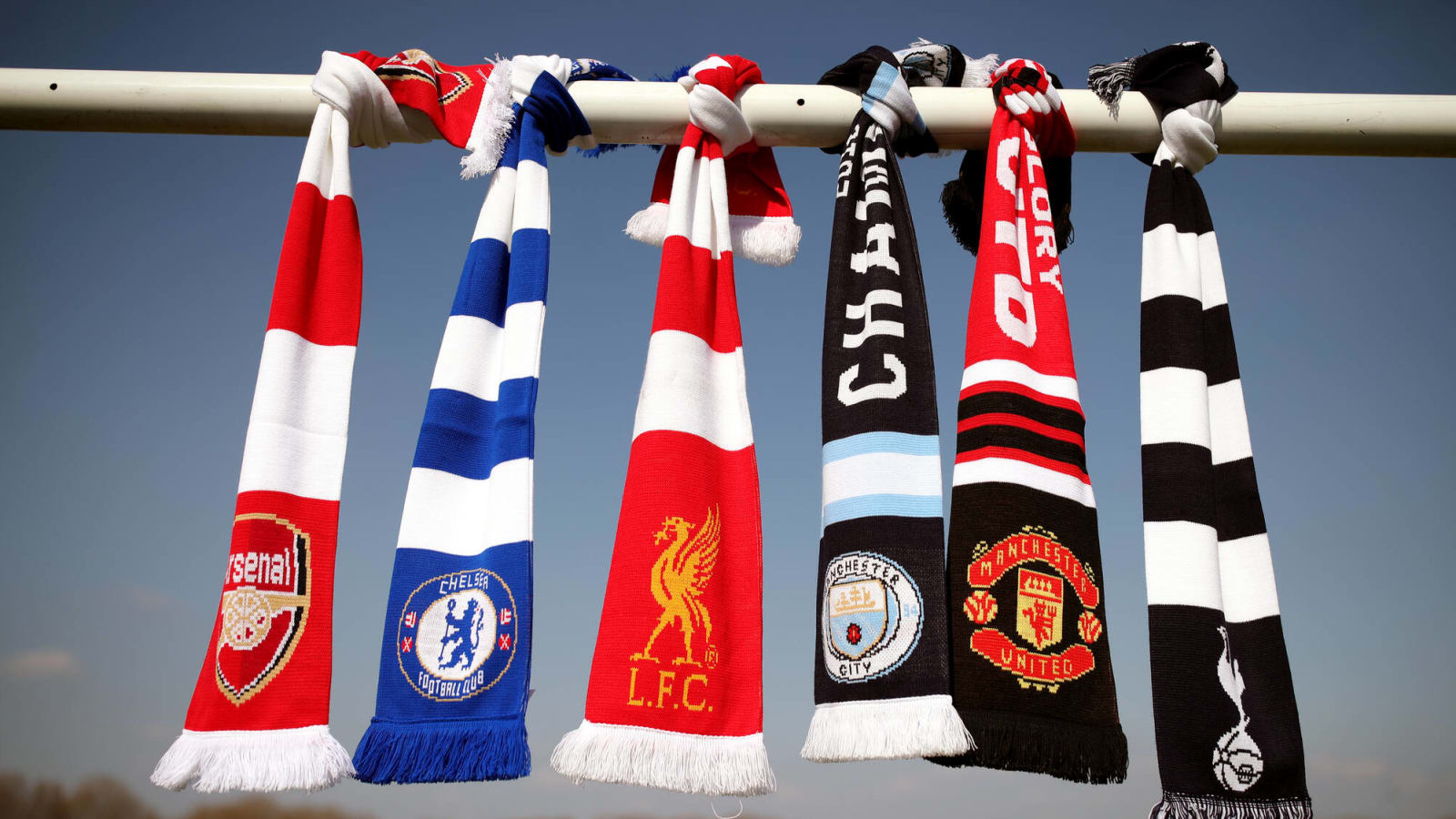
What the European Super League means for American soccer fans
In October 2021, 12 of Europe's biggest soccer teams — including Premier League representatives Arsenal, Chelsea, Manchester City, Manchester United and Tottenham — moved to abandon the UEFA Champions League in favor of their own breakaway competition. They christened it the "European Super League" and announced their intention to run it separately from FIFA, soccer's existing governing body.
The move was a disaster. Fans and regulators balked, claiming the move would prevent competition and hurt smaller soccer teams across the continent. A few weeks after announcing the Super League, nine of the involved teams renounced it. The remaining three — Real Madrid, Barcelona and Juventus — continued to fight on its behalf.
On Thursday, after many months of debate, the European Court of Justice ruled in favor of the Super League, announcing FIFA's stifling of the project was "unlawful."
The response from involved teams was swift. Within hours, the Super League participants announced a proposed competition format and offered to stream every game of the new competition for free.
The European Super League announce their new competition formats with a proposal to stream every game for free pic.twitter.com/ZksrUZoc3g
— B/R Football (@brfootball) December 21, 2023
What does this mean for fans — particularly American fans of big European clubs?
It's not a done deal yet. The European Court of Justice ruling allows for the creation of the Super League, but it certainly doesn't insist upon it. FIFA has many tools in its arsenal to delay or suspend the new league.
Many big teams will reject it in the coming hours but not all of them. Germany's Bundesliga, famous for its fan ownership and rejection of big-money moves, has no interest in competing in the breakaway Super League. Fans of Bayern Munich, Borussia Dortmund, et al, will be unaffected by this news in the short term.
Spanish club Atletico de Madrid also rejected the Super League, claiming "the European football family does not want the Super League."
⚪️ Atlético Madrid reject the Super League, per club statement.
— Fabrizio Romano (@FabrizioRomano) December 21, 2023
“The European football family does not want the European Super League”.
“Germany, France, England, Italy, Spain (except for Real Madrid and Barcelona), etc. do not want the Super League”.
“We are in favor of… pic.twitter.com/bpwzPRGbmQ
The Premier League, though, is a bit more complicated. While it announced that it "continues to reject any such concept," it also pledged to "continue to engage in open and constructive dialogue." That means we won't know how the Premier League clubs will react until the situation has developed further.
The proposed Super League protects the interests of big clubs — literally. Leaked details about the Super League show that founding teams like Real Madrid, Barcelona and Juventus will be shielded from the impact of poor performance while "smaller" clubs will have to fight even harder to earn the same privileges. In the current Champions League, clubs must finish in the top spots of their domestic leagues to qualify. In the proposed Super League, historical "top" clubs will be largely freed of that obligation.
For context, think about Newcastle United and Chelsea. Newcastle finished in the Premier League's top four last season and earned a spot in the Champions League while Chelsea finished 12th and did not. In the Super League model, it would be Chelsea earning a European spot because of its "heritage" while Newcastle would have to finish in the top four consistently to earn the same place back.
It's a model that serves one main purpose: keeping the biggest European clubs from losing money due to poor performance.
Free for fans is never free. International fans will rejoice at the concept of free games live on streaming, but take that announcement with the skepticism it deserves. "Free" could well mean "free with extensive advertising," and it could also mean "free for a season as the Super League determines what it really wants to charge."
More must-reads:
- The 20 biggest underdogs in sports movies
- 14-year-old phenom signs unprecedented MLS deal that includes future Man City transfer
- The '2016 US Women's Olympic Soccer Team' quiz
Breaking News
Customize Your Newsletter
 +
+
Get the latest news and rumors, customized to your favorite sports and teams. Emailed daily. Always free!

